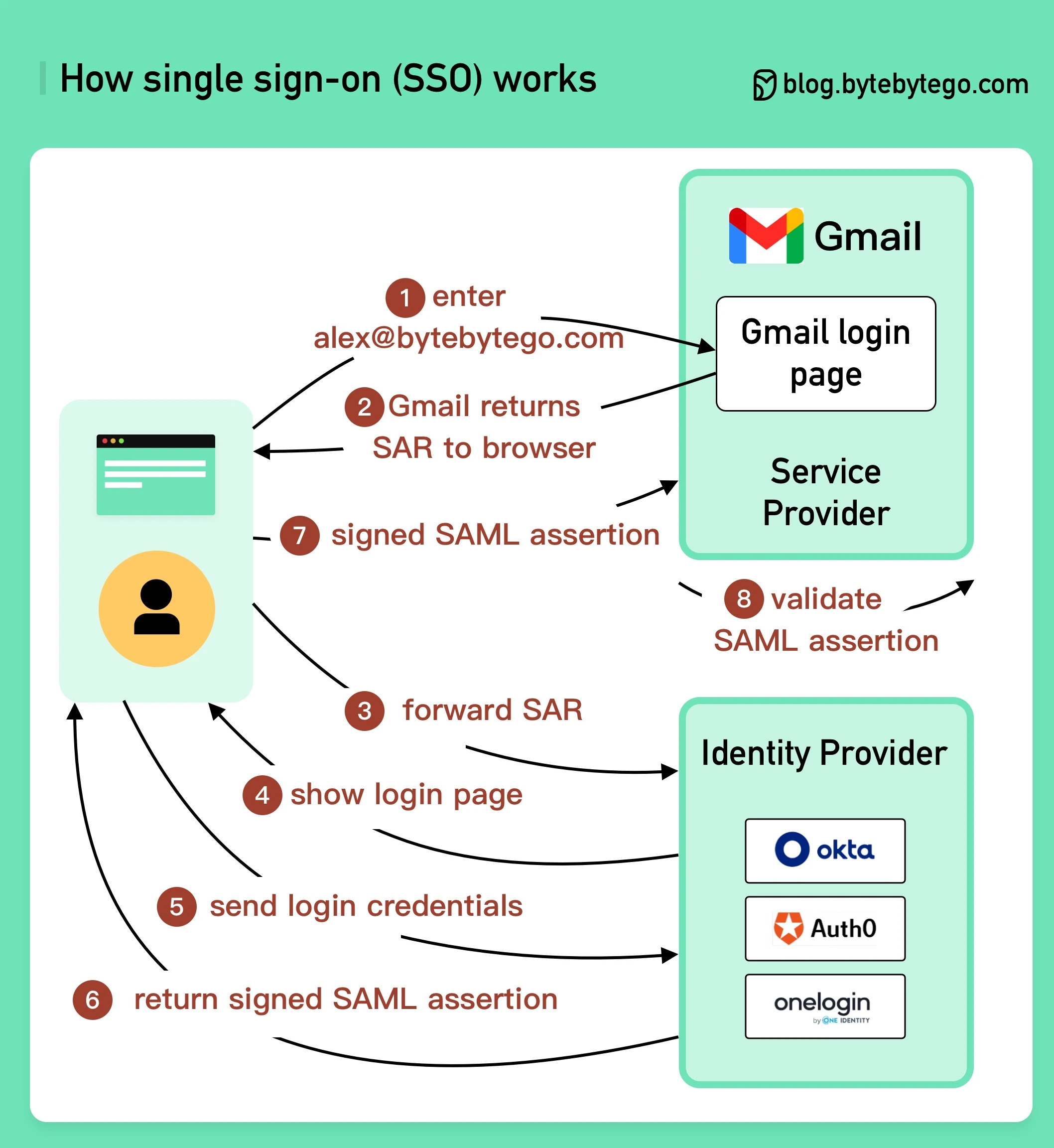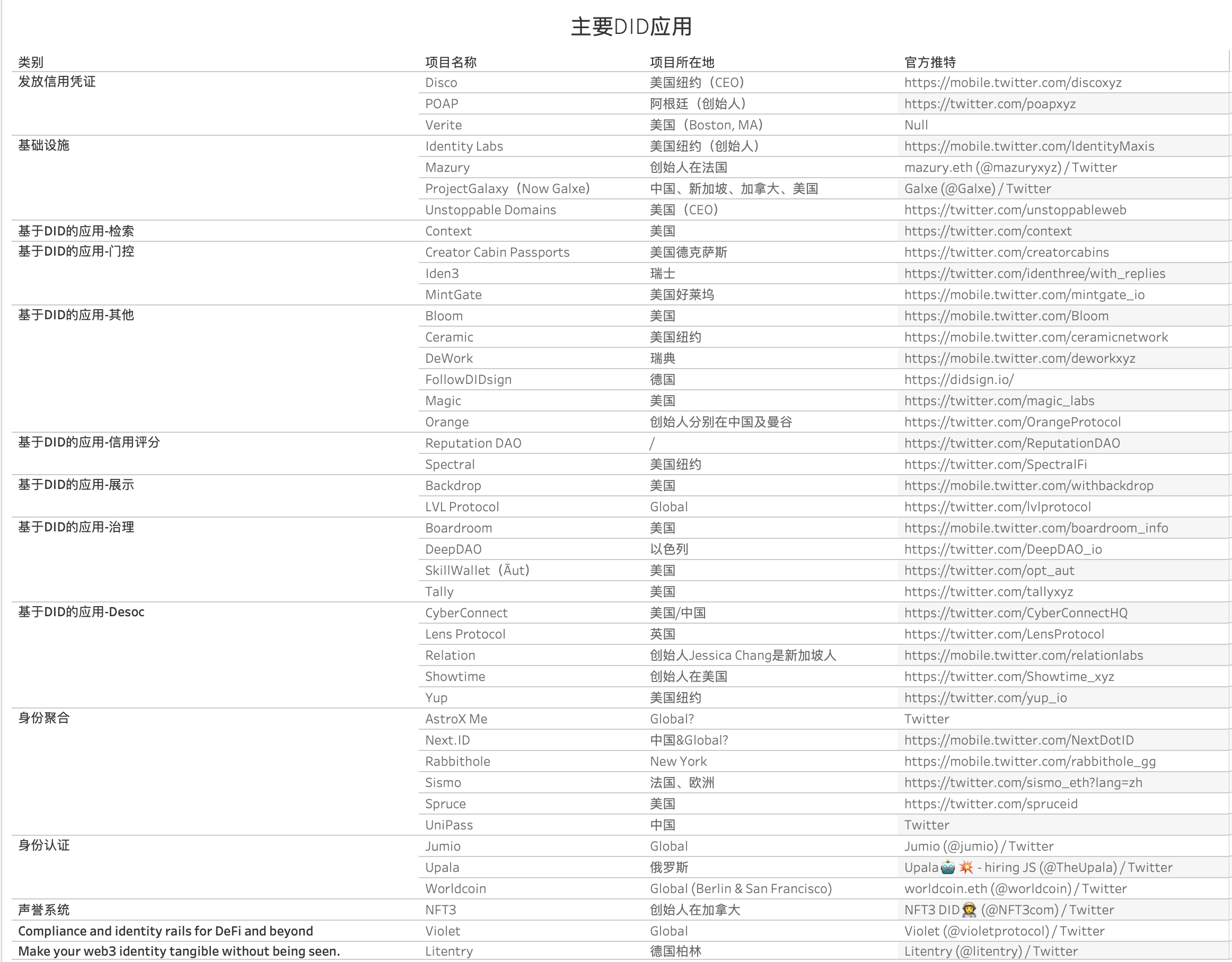issued last weekPicture description: Blockchain data layering, picture source: R3PO
R3PO believes that, as shown in the figure above, in the data hierarchy of the blockchain, the lowest data layer that truly calibrates personal identity, its structure, storage and circulation are on the public chain, which is equally open to everyone. Alices address can be tracked by Bob in real time, and Bob cannot untrace without telling Alices personal address.
Starting from the browser layer, the storage and access of personal data are not equal, which leads to the use of personal identity by others, but individuals cannot share their profits. For example, the high subscription fee of Nansen does not need to share the profits with the addresses it collects. , individual users become the digital labor of the data platform.
However, in user-created data products such as Dune and Footprint, the right to query data is open to individuals, but its profit model has never been successful. It has users but lost profits, and the commercialization process is unsustainable. Monetization, like governance tokens such as Uni, cannot capture the value of the agreement, and token economics is basically invalid for this.
From this dimension, blockchain data products are creating new problems, and the way to obtain profits must be based on the advantage of information asymmetry brought about by the exclusion of the majority. This is obviously not a product that users need in the Web 3.0 era, but rather The way to break the situation lies in the combination with personal identity attributes such as DID and SBT, so that personal data can be returned to the individual to activate the profit flywheel of data products.
first level title
Equality DID is the way to eradicate data access inequalities
R3PO believes that the inequality created at the level of data acquisition cannot become the basis of the future Web 3.0. First of all, it must be admitted that decentralization means equality, which is a relatively rare concept in previous discussions on privacy and freedom. The value of access rights is not universally recognized.
The process of personal identity transfer in Web 2 is: centralized verification -- account distribution -- mutual recognition of account systems between products -- account binding. In this process, the centralized verification of the starting point and the mutual recognition between accounts are the most fatal shortcomings, which indicates that we cannot truly control our own data.
Taking traditional credit products as an example, the core is risk control and credit rating measures. The former controls losses, and the latter obtains expected profits.
In this process, the biggest problem is still that individuals need to disclose personal data one-way to obtain financial support, resulting in long-term criticism of data and privacy security, and it is impossible for companies to disclose their own data in commercial competition, resulting in In a zero-sum game, a lose-lose situation between personal privacy and corporate disclosure.
image description

Caption: SSO Schematic Image Source: bytebytego.com
And Web 3.0 provides another possibility. After the credit system based on personal data is successfully established, unsecured lending will only be a basic operation, and market liquidity will be priced based on credit, which will bring new risk control The model will also change the current DeFi system. The biggest problem with the current DeFi is that it relies heavily on centralized institutions such as US dollar stablecoins, centralized lending, and market makers.
R3PO believes that the current DeFi is more of a test product in the early verification stage, rather than the main components of the credit economy system of the future DeSoc (decentralized society).
The path to a credit society has gradually become clear, as evidenced by the gradual practicality of DID/SBT products, but the current DID/SBT products are still trapped in functional modules. In addition, the real problem lies in equal Absence, Asia and Europe and the United States, the first world and the third world, North America and Latin America, under the endless disputes reveal that the inequality in the current society has a tendency to infiltrate into the future society.
In the previous article, R3PO discussed the development direction and carrier products of the main DID products. This article will not go into details. What needs to be pointed out are the problems existing in the current development process of DID/SBT:
The centralization model is serious, and KYC (Know Your Customer) is the hardest hit area, showing serious Web 2.0 path dependence and mindset;
Unequal access to identity, underdeveloped areas will sell personal information at extremely low prices, which violates the original intention of privacy;
image description

Picture description: main DID product picture source: R3PO
Taking the Southeast Asian market as an example, it is not inferior to European and American counterparts in the field of GameFi, and has produced products with global influence such as Axie Infinity, YGG, and Coin 98. However, in the field of DID/SBT, it shows obvious weakness. Only Orange, Galxe and Relation can be associated with Southeast Asia, while all other products come from Europe and the United States. In terms of the probability of winning the competition, the bases of the two are seriously unequal.
In stark contrast to the few project parties, the cheap personal identities of Southeast Asian users have been repeatedly abused in multiple products. This de facto inequality exists widely. If Web 3.0 itself cannot solve the equal access rights of on-chain identities , then credit and loans will still flow to giant whales and institutions, just like the traditional financial past.
In the boom of WorldCoin in early 2022, building the identities of billions of people around the world on the chain has become a compelling vision. In its vision, everyones identities will be scanned into the chain, so as to get rid of the existing centralization The shackles of the verification mechanism create a utopia where information, identity, and assets flow freely.
It adopts a sales promotion mechanism. Each collector purchases Orb human iris collection equipment to screen personal information. Each collector can earn 10-200 US dollars a day, and the number of users quickly rolls to more than one million. However, this The collection of personal information itself is a kind of information exploitation. Compared with European and American users, users in Southeast Asia and Africa are more willing to sell their information in exchange for prizes and tokens.
Front-end real-name + anonymization on the chain must be an evil path for a decentralized credit society. After WorldCoin, Galxe and Binance BAB’s so-called DID/SBT products are still performing KYC operations. Regarding the compliance review of the GDPR regulations, the Southeast Asian market rarely adopts restrictive measures for this, which leads to inequalities in the actual collection of personal data.
Real DID/SBT products do require a large amount of user data to identify user identities like WorldCoin, Galxe, and BAB, but the acquisition of such identity identifiers requires long-term decentralized construction, just like DeFi products, based on centralized The product cannot adapt to the future development trend of decentralized society.
epilogue
epilogue
The DID caused by the data on the chain will promote the disclosure of personal identity on the chain, so can the protection of privacy still be achieved?
In the previous logic, the data on the chain cannot be revoked. Regardless of whether it is true or false, right or wrong, good or evil, legal or not, any information confirmed on the chain will not be forgotten, and mastering someones secret is also tried and tested in the real society. The cyberbullying cheats.
For the current DID/SBT product, the behavioral data it generates will last forever on the chain, and the DeFi financial data it experiences will be collected and scored. Individuals can access arbitrary data without permission, but others can as well.
In the current idea, ZK technology may be the solution. Personal information can be recorded, but the authenticity of the information and personal credit status can be judged without the other party knowing the specific content. Separate the differences between people, and in order to suppress this voyeuristic desire and at the same time ensure the effective operation of the decentralized society, more technical routes are needed to strike a balance between privacy and efficiency.
Disclaimer: There are risks in the market, and investment needs to be cautious. Readers are requested to strictly abide by local laws and regulations when considering any opinions, viewpoints or conclusions in this article. The above content does not constitute any investment advice.
Disclaimer: There are risks in the market, and investment needs to be cautious. Readers are requested to strictly abide by local laws and regulations when considering any opinions, viewpoints or conclusions in this article. The above content does not constitute any investment advice.










